Versatile Uses of Marine Aluminum Extrusions in Vessel Frameworks and Components
Marine aluminum extrusions have become a foundational element in modern shipbuilding and marine engineering, offering unparalleled advantages in strength, corrosion resistance, and design flexibility. These precisely formed aluminum profiles deliver lightweight yet robust solutions tailored to the complex structural and functional needs of vessels. Their adaptability has revolutionized the way marine frameworks and components are designed and fabricated, increasing vessel efficiency, safety, and longevity.
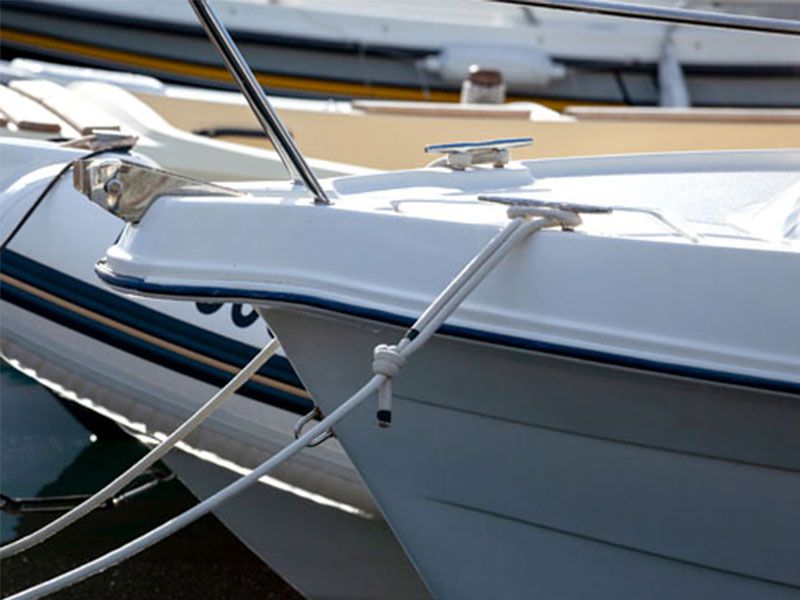
What Are Marine Aluminum Extrusions?
Marine aluminum extrusions are shaped profiles produced by forcing heated marine-grade aluminum alloys—commonly 5xxx (such as 5083, 5086) and 6xxx series (such as 6061, 6082)—through custom-designed dies. This process yields intricate cross-sectional shapes including channels, angles, beams, tubes, Z-sections, and custom profiles used in diverse marine applications.
The marine-grade alloys chosen for extrusions are selected specifically for their excellent resistance to saltwater corrosion, mechanical strength, weldability, and lightweight properties essential for maritime environments.
Benefits in Vessel Frameworks and Components
Corrosion Resistance: Marine aluminum alloys naturally form a protective oxide layer that shields the material from saltwater corrosion, pitting, and galvanic degradation, resulting in reduced maintenance costs.
Lightweight Strength: With roughly one-third the density of steel, aluminum extrusions significantly reduce the weight of ship frameworks. This improves fuel efficiency, payload capacity, and vessel stability.
Design Flexibility: Extrusion allows fabrication of complex shapes with integral features like channels, ribs, and fastening points that simplify assembly and increase structural performance.
Fabrication Efficiency: Aluminum extrusions are highly workable through cutting, welding, bending, and machining, facilitating rapid fabrication and customization.
Durability and Longevity: Marine-grade aluminum maintains good fatigue resistance and impact strength vital for the demanding marine environment.
Common Marine Aluminum Alloys for Extrusions
| Alloy | Attributes | Typical Applications |
|---|---|---|
| 5083 | Superior corrosion resistance, good strength | Hull frames, bulkheads, stringers |
| 5086 | Enhanced weldability and strength | Deck supports, stiffeners, superstructures |
| 6061 | High strength, heat-treatable, excellent machinability | Equipment frames, railings, fittings |
| 6082 | High mechanical strength with good corrosion resistance | Structural members and custom profiles |
Versatile Applications in Vessel Frameworks
1. Hull Structural Components
Aluminum extrusions are widely used to produce hull frames, longitudinal stringers, web frames, and bulkheads. Custom profiles add stiffening ribs or integral joining surfaces, contributing to hull integrity and resistance to wave impacts.
2. Deck Supports and Flooring
Channels and beams formed from aluminum extrusions serve as lightweight deck supports, combining structural strength with corrosion resistance to withstand foot traffic, cargo loads, and marine weather.
3. Superstructure Frames
Superstructure components such as bridge frames, cabins, and enclosures benefit from aluminum extrusions’ light weight and fabricability, reducing top weight and improving vessel stability without compromising safety.
Critical Component Fabrications
1. Handrails, Balustrades, and Guardrails
Extruded railings provide corrosion-resistant safety barriers, engineered to precise design specifications and capable of simple installation and maintenance.
2. Equipment Mounting and Support Frames
Custom-profile extrusions form mounts and frames for navigation instruments, communication arrays, winches, and other marine machinery requiring stable, corrosion-resistant support.
3. Louvers, Ventilation Grilles, and Covers
Extruded aluminum can be fabricated into complex shapes providing effective ventilation and protection from seawater for engine rooms and enclosed spaces.
4. Hatch Covers, Doors, and Windows Frames
Precision extrusions offer lightweight yet strong framing components with excellent weather resistance vital in protecting interior spaces.
Fabrication and Assembly Benefits
Interlocking Designs: Extrusions can incorporate snap-fit or bolt slot features for simplified assembly reducing construction time and errors.
Welding and Joining: Seamless welding compatibility ensures strong joints and structural continuity.
Surface Treatments: Anodizing, powder coating, and marine-grade paints can be applied to enhance corrosion resistance and add aesthetic appeal.
Customization: Rapid prototyping and tooling allow bespoke extrusions tailored to complex marine architecture.
Maintenance Considerations
Routine freshwater cleaning to remove salt and debris protects the aluminum oxide surface layer.
Avoid abrasive cleaners or power washing that might damage coatings or anodizing.
Inspect welds and mechanical fasteners to detect corrosion or stress cracks early.
Apply touch-up coatings or anodizing renewal to preserve protective surfaces in high-exposure areas.
Marine aluminum extrusions provide an indispensable resource for vessel frameworks and marine components, combining lightweight durability with corrosion resistance essential in saltwater environments. Their versatility and efficiency enhance shipbuilding and offshore construction by enabling complex, strong, and lasting designs that improve vessel performance, safety, and maintenance profiles.
For technical support, custom extrusion design, and supply of marine-grade aluminum extrusions for your vessel project, consult with our experienced marine metals specialists
Related Products
5083 marine aluminum flat bar
5083 aluminum flat bars belong to the 5xxx series of aluminum-magnesium alloys, known primarily for their superior resistance to seawater corrosion and salt spray.
View DetailsMarine aluminum channels
Marine Aluminum Channels are U-shaped aluminum profiles produced from alloys such as 5083, 5052, and 6061, known for their excellent marine corrosion resistance and superior mechanical strength.
View Details6061 T6 marine aluminum flat bar
6061 aluminum is classified as a heat-treatable 6xxx series alloy, alloyed primarily with magnesium and silicon. The T6 temper designation indicates that the flat bar has been solution heat-treated and artificially aged to achieve optimum strength and hardness.
View DetailsMarine aluminum I-beams
Marine Aluminum I-Beams feature the traditional “I” cross-sectional profile fabricated from marine-grade aluminum alloys like 5083, 5086, and 6061. These alloys are renowned for their outstanding corrosion resistance, especially in saltwater and marine atmospheres, making them ideal for offshore and naval construction.
View DetailsMarine aluminum Z-shaped sections
Marine Aluminum Z-shaped Sections are fabricated from premium marine-grade aluminum alloys such as 5083, 5052, and 6061. These alloys are well-regarded for their superior corrosion resistance in seawater and marine atmospheres, along with good mechanical strength and excellent weldability.
View Details6061 marine aluminum round bar
6061 aluminum belongs to the 6xxx series alloys, alloyed primarily with magnesium and silicon. In the T6 temper, it undergoes solution heat treatment and artificial aging, resulting in enhanced mechanical properties while maintaining excellent corrosion resistance.
View DetailsRelated Blog
Marine Aluminum Rod & Bar for Boat Deck Reinforcements
In the demanding marine environment, materials must withstand harsh conditions including saltwater exposure, mechanical stresses, and varying weather.
View Details6061 Marine Aluminum Channels for Custom Marine Component Fabrication
When it comes to constructing reliable, corrosion-resistant, and durable marine structures, the choice of material is pivotal. Among several options.
View Details5083 Marine Aluminum Z Shaped Sections for Offshore Vessel Frame Design
In the demanding offshore marine environment, the structural integrity and corrosion resistance of vessels are crucial for reliable performance and safety.
View Details5083 Marine Aluminum Channels for Coastal Marine Engineering Projects
In the realm of coastal marine engineering, material selection is crucial for ensuring the durability, performance, and safety of structures exposed to harsh sea environments.
View Details6061 Marine Aluminum Rod & Bar for Durable Boat Deck Design
When it comes to crafting a boat deck that not only withstands the rigorous marine environment but also elevates performance and longevity, the choice of material is paramount.
View Details6061 Marine Aluminum Round Bar for Heavy Duty Marine Frame Reinforcements
6061 Marine Aluminum Round Bar is a premium-grade aluminum product specifically engineered for heavy-duty marine frame reinforcements. Renowned for its superior strength, corrosion resistance, and excellent machinability.
View Details

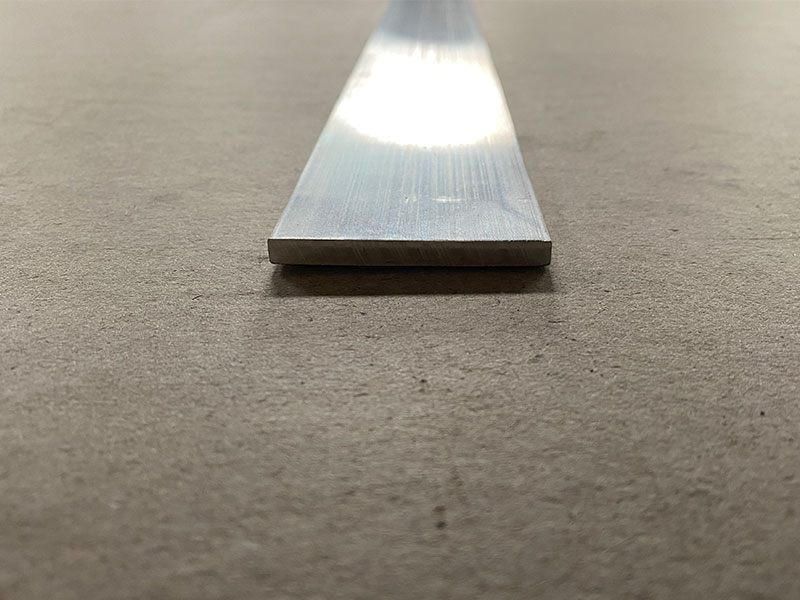
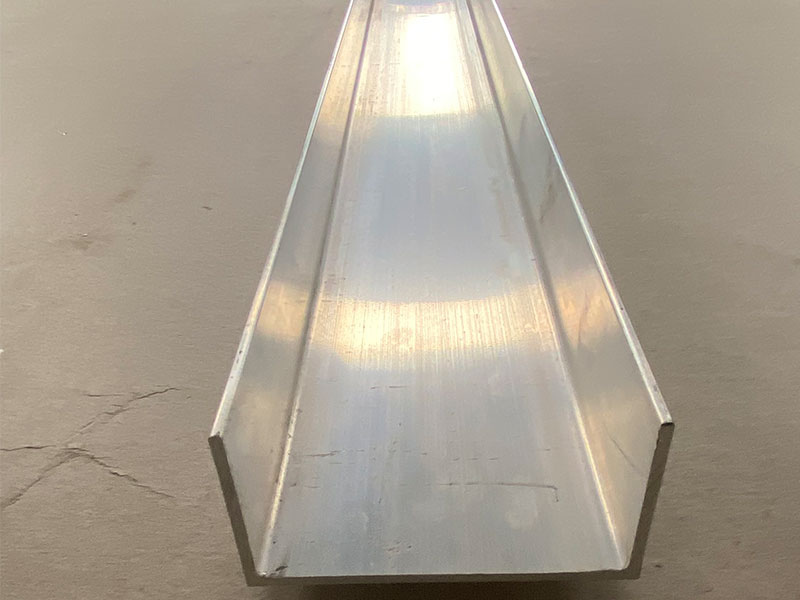
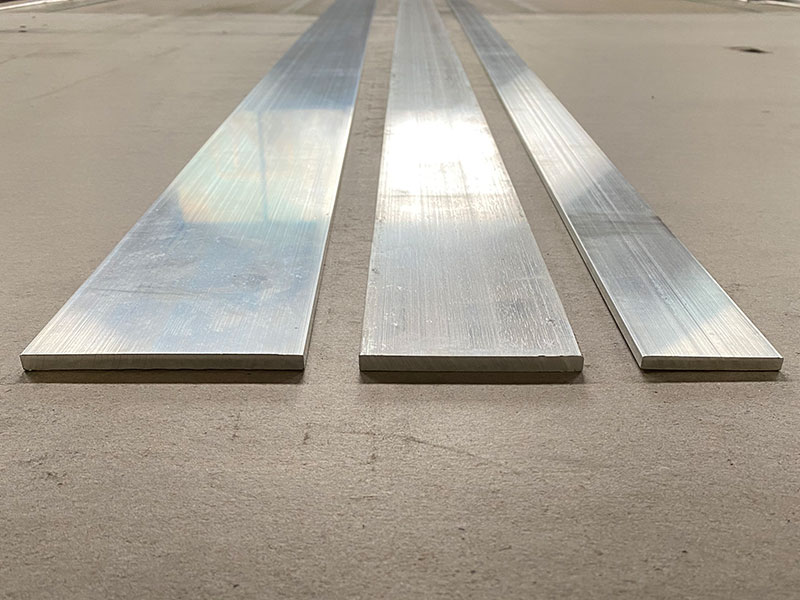
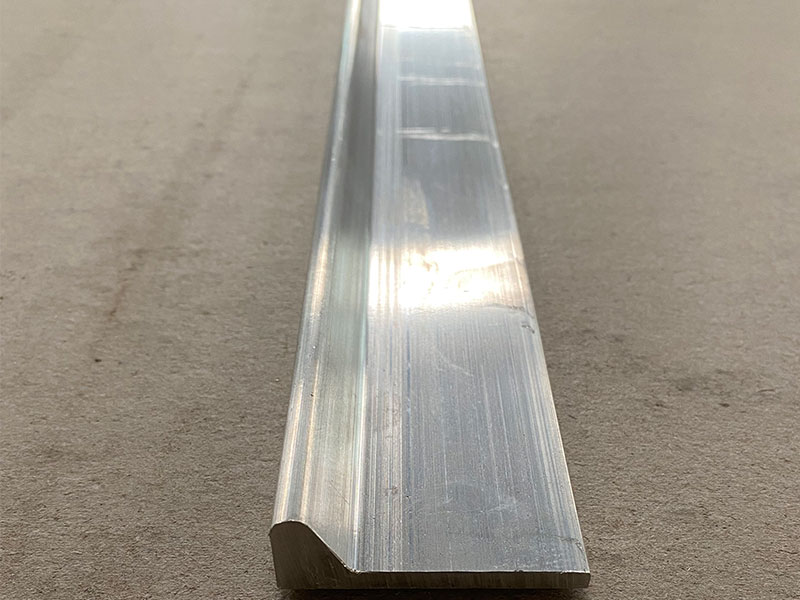
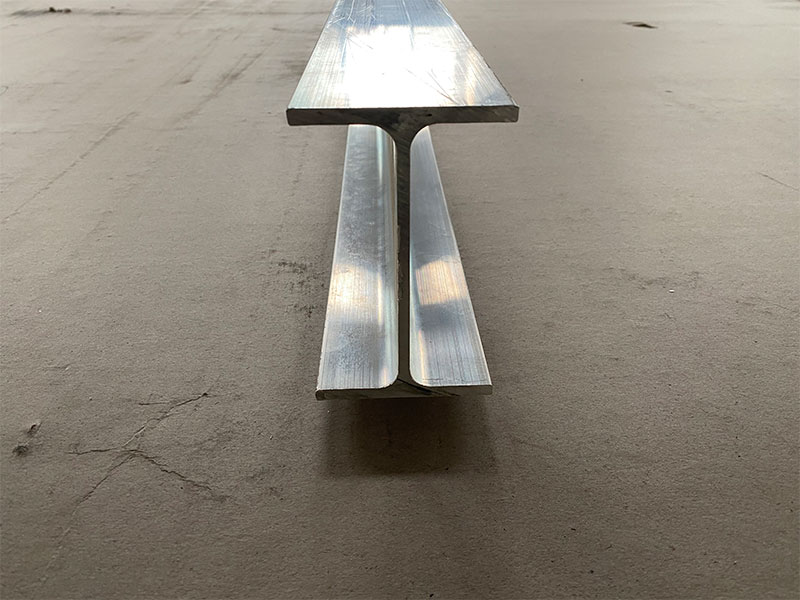
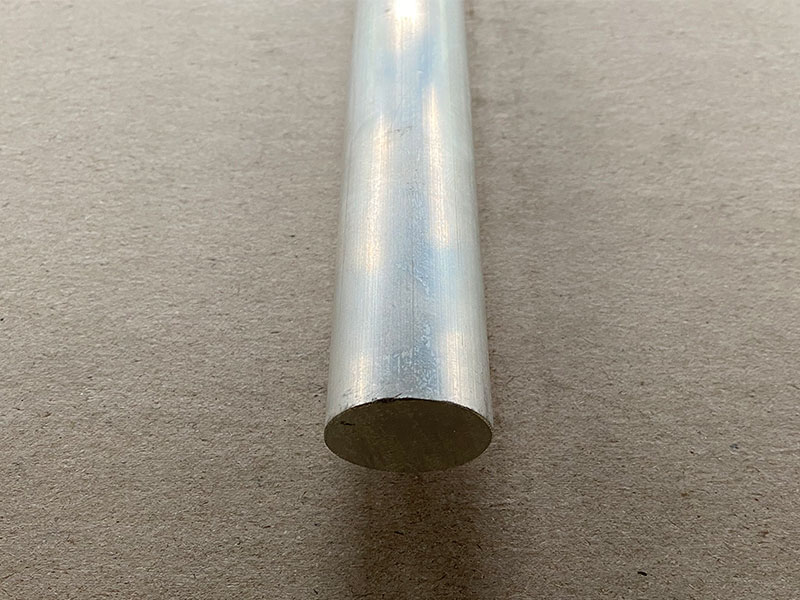







Leave a Message